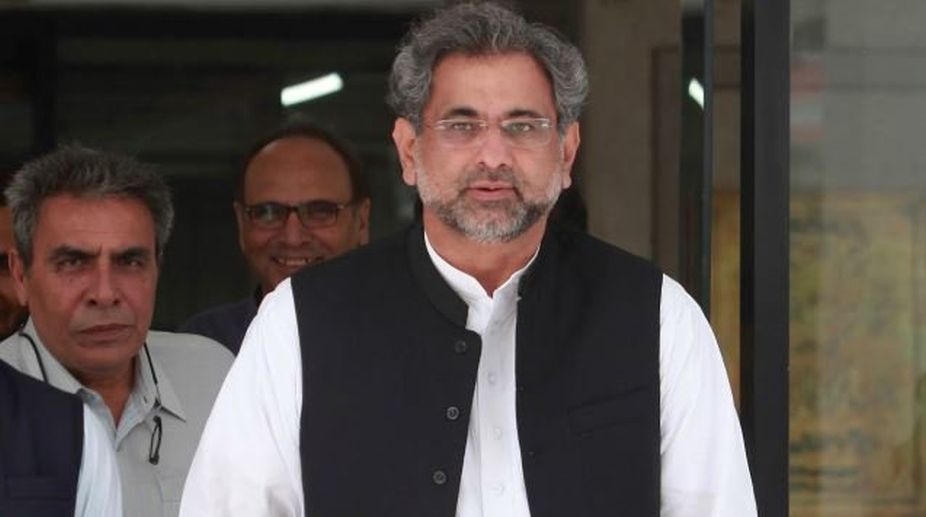Monday’s announcement of a caretaker Prime Minister of Pakistan was perfectly concordant with the country’s Constitution, which stipulates that an interim PM shall be at the helm in the period between the conclusion of the tenure of the incumbent administration (31 May) and the general election (25 July). Beyond that certitude, quite the most critical feature of the appointment of Nasir-ul-Mulk, former Chief Justice of Pakistan, was that the announcement was made by the leader of the Opposition.
Thus did Prime Minister Shahid Khaqan Abbasi, with his surprise gesture, grant a fair measure of political space to the other side of the divide in the National Assembly. The outgoing PM invited the Opposition to announce the consensus nominee. That consensus is in itself a striking feature of Mulk’s appointment.
Advertisement
Arguably, Abbasi has also conveyed an implicit message to the judiciary, one that can be contextualised with Nawaz Sharif’s recent caveat deprecating the increasing tendency of the courts to interfere in governance. Sharif was, after all, disqualified as Prime Minister and as leader of the PML(N) by the Supreme Court.
The signal thus emitted by the legislature is that it is in a position to take care of the interregnum and no less crucially, it is a factor in the power-play in addition to the Rawalpindi GHQ, the courts, and the political executive. The consensus on Mulk makes it plain that it isn’t a fractured polity that is padding up for the elections.
It would be pertinent to recall that there was no consensus before the 2013 elections, and the Election Commission had to step in to name the interim head of government. It is fervently to be hoped that Mulk will be able to ensure neutrality ~ the express objective of the constitutional amendments in 2010 and 2012. After five years, it is significant that the political class has found a mutually acceptable nominee. Hence the robust assertion of Abbasi ~ “No Pakistani can lift a finger against such a name.”
That the Press conference was addressed jointly with the Opposition leader, Syed Khurshid Shah of the Pakistan People’s Party is suggestive of a concerted initiative towards the consensus. No less critical is the fact that the PPP readily concurred. It bears recall that in 2012, the party’s Prime Minister, Yousuf Raza Gilani, had been convicted by Chief Justice Mulk for his refusal to write to the Swiss authorities to reopen the corruption cases against President Asif Ali Zardari, also of the PPP.
That refusal had led to the dismissal of Gilani. Two months ahead of the elections, Parliament has dispelled the impression that it can scarcely take a decision on its own, and generally abides by the “diktat from outside”. Pakistan being Pakistan, the independence of the legislature cannot be taken for granted, however.









